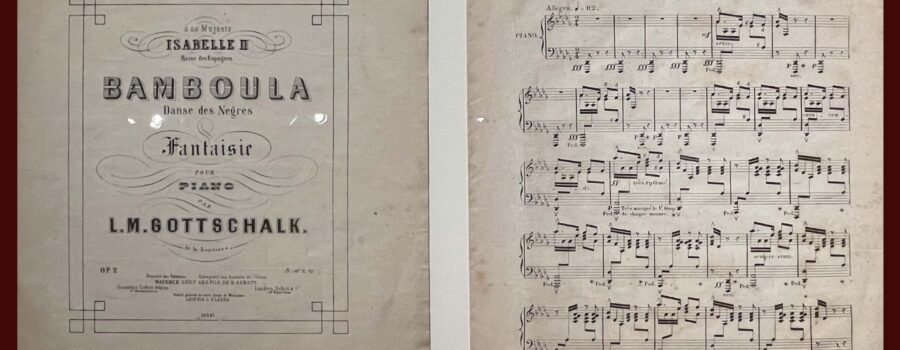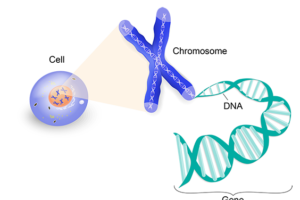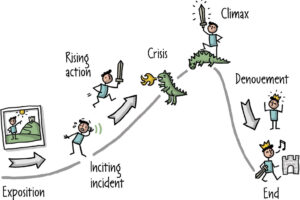Music is one of the few forms of communication that transcends language barriers. All across the world, from the constant beat of the drums echoing centuries ago to the complex, multi-faceted melodies present today, music has evolved and adapted across cultures and time. The journey of music from the past to the present is a very interesting story of evolution and refinement. One must go back to the times of ancient civilizations in order to find the beginning of this large and captivating timeline.
The origins of music can be traced back to our earliest ancestors. Archaeological evidence suggests that music may have existed even before written language did. Ancient humans used instruments like bone flutes and drums fashioned from animal hides to create rhythmic taps and whistles. These early musical expressions were often associated with religious rituals, ceremonies, and village gatherings, serving as a means of communication and bonding within the community. As civilizations grew and prospered, music became a pivotal part of cultural expression and life. Various regions each developed their own musical rhythms, instruments, and styles. These varying aspects between music reflected the customs, beliefs, and values of their respective societies. From the organ-based music of ancient choral church music to the electric guitar and drums of 90s hard rock, music became a key part of human civilization that allowed people to connect on a deeper level than with words. One key development that allowed for music to spread was its ability to be documented.
Throughout human history, the development of musical notation revolutionized the way music was composed, preserved, and passed down through generations. Ancient civilizations, such as the Egyptians and Greeks, devised early forms of musical notation to create melodies and rhythms. This form of notation allowed for complex melodies to be crafted on top of one another and performed at the same time to create beautiful harmonies. In addition, since it was written down during creation, it was less likely to be forgotten, which was one of the main risks with passing on such traditions by word of mouth.
Music became much more advanced as societies encountered one another through trade and exploration. The exchange of musical ideas resulted in the fusion of diverse styles to create unique new sounds. Jazz, for example, emerged from the blending of African rhythms, European harmonies, and American improvisation. These cross-cultural exchanges continue to create new genres and subgenres of music today. In conclusion, music has played an integral role throughout history, serving as a means of expression without the need of a common language. In addition, music from the past can provide insight as to how life was like in the time period it was from. From the whistle of a bone flute to the clear, sweet sound of a modern-day flute, the evolution of music tells a great story about human innovation and creativity. In the future, the rise of new instruments can potentially bring intriguing new melodies. The possibilities are limitless.
Sources:
Montagu, Jeremy. “How Music and Instruments Began: A Brief Overview of the Origin and Entire Development of Music, from Its Earliest Stages.” Frontiers, 23 May 2017, www.frontiersin.org/articles/10.3389/fsoc.2017.00008/full.







Most Commented Posts